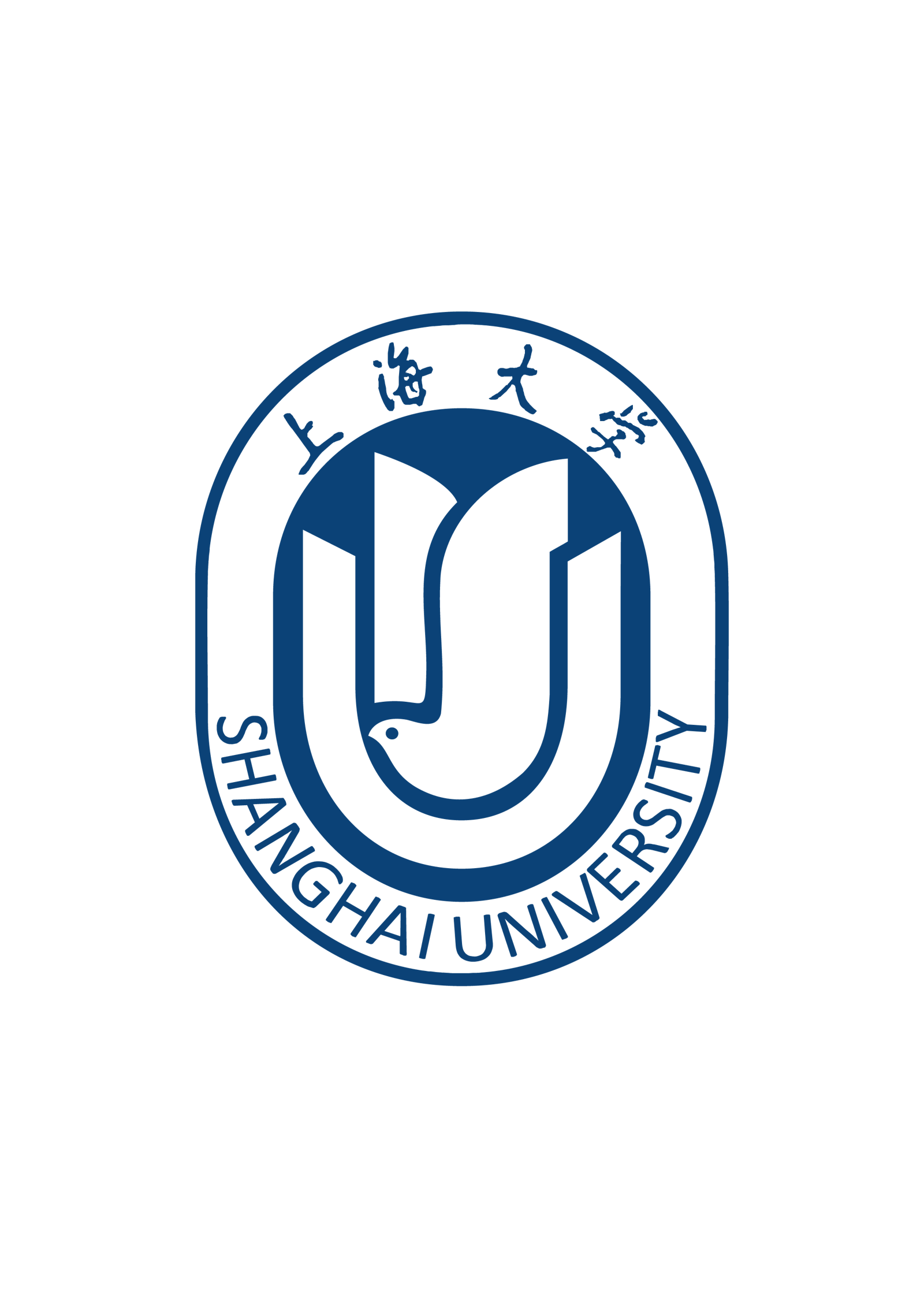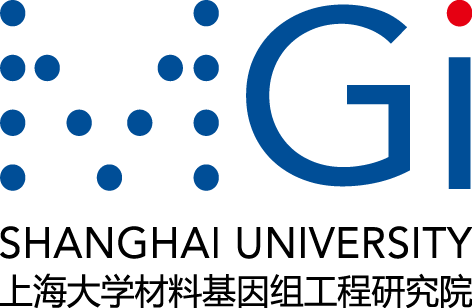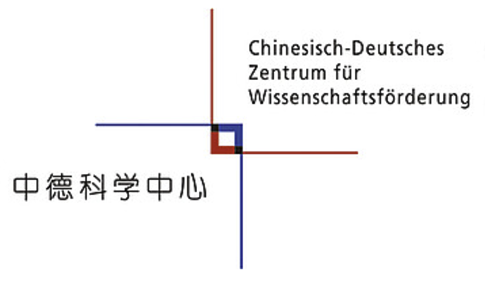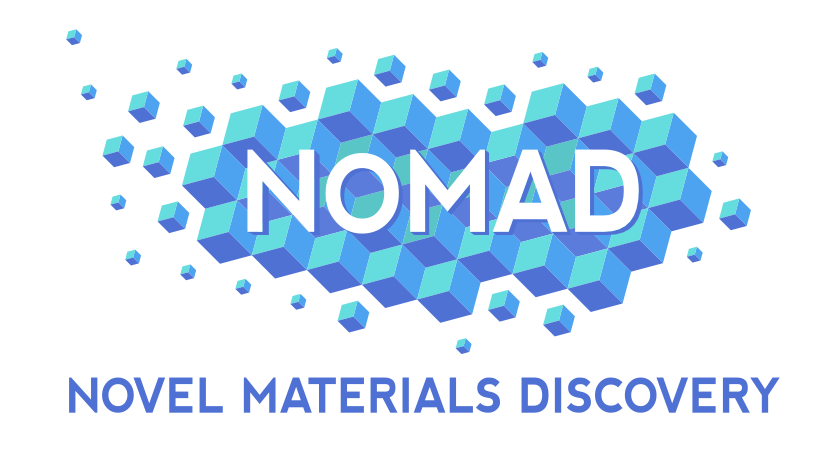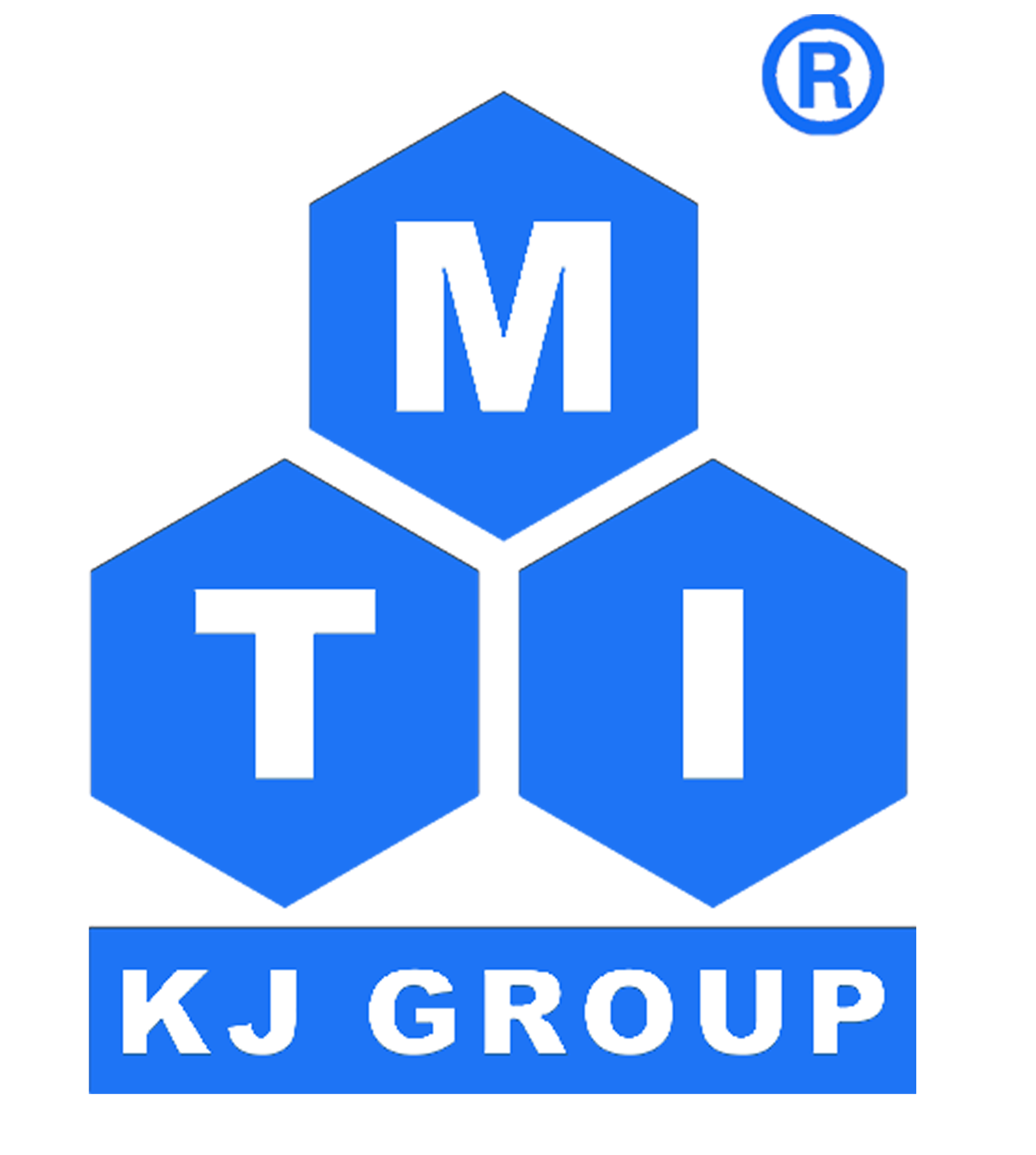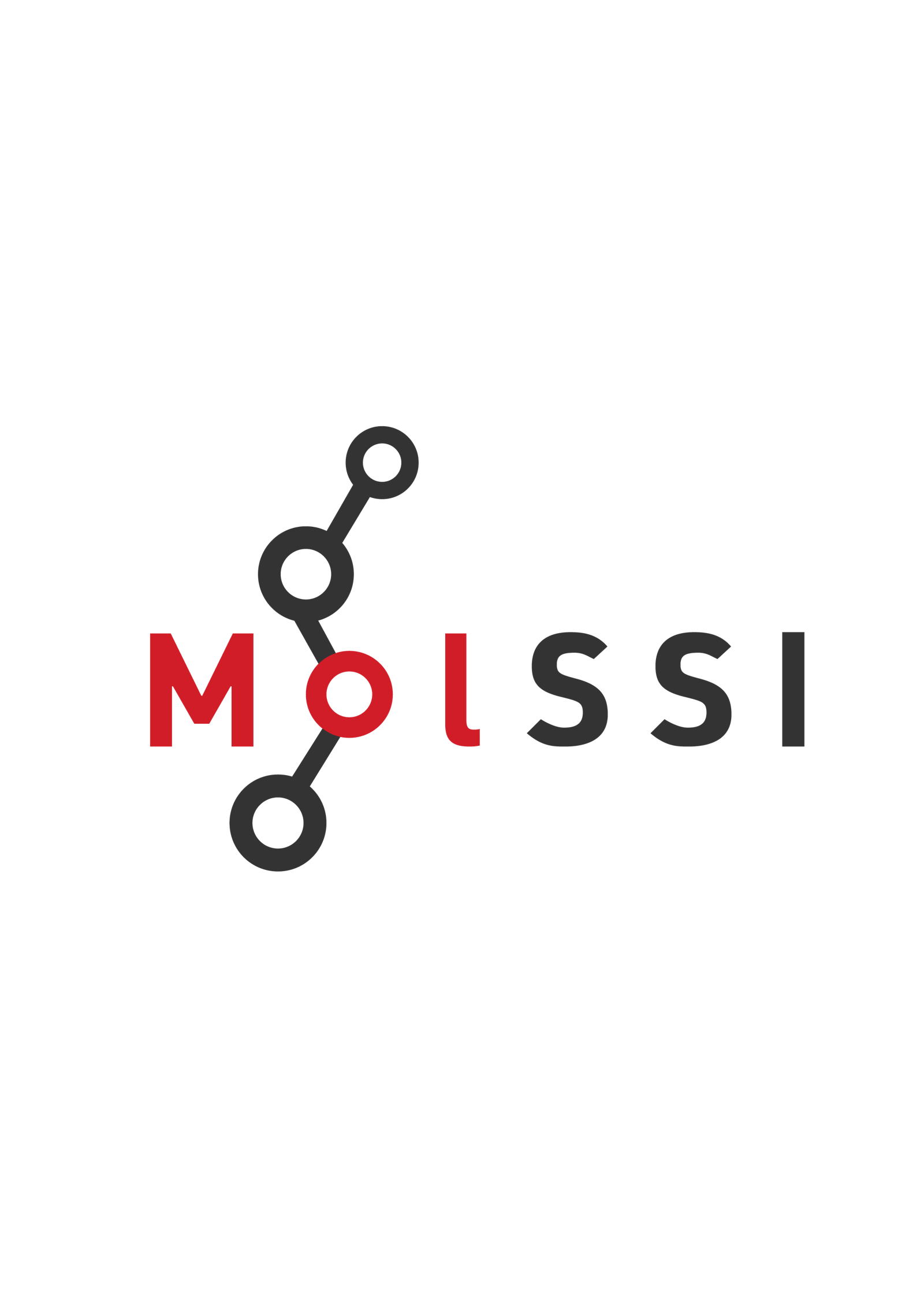Plenary/Invited speakers and talks in DCTMD2024:
(The list is consistently updated and please click the name for the speaker’s bio and the title of talk for the abstract if available.)
Plenary speakers:
* Rampi Ramprasad, Georgia Tech, USA
- Talk: Polymer Informatics: Algorithmic Advances & Materials Design
* T. Daniel Crawford, Virginia Tech, USA
-Talk: The Molecular Sciences Software Institute
* Xin Xu, Department of Chemistry, Fudan University
- Talk: AI-powered DFT methods
* Alexandre Tkatchenko, Luxembourg University, Luxembourg
-Talk: Towards AI-enabled Fully Quantum (Bio)Molecular Simulations
* Jun Jiang, University of Science and Technology of China, China
-Talk: A data driven robotic AI-chemist
* Lucas Foppa, Fritz Haber Institute (FHI) of the Max Planck Society, Germany
-Talk: Describing Materials Properties and Functions via the “Materials Genes” Concept
* Xiaonan Wang, Tsinghua University, China
-Talk: AI Foundation models and Active Learning for Materials Discovery and Process Design
Invited speakers:
* Linfeng Zhang, DP Technology, China
* Han Wang, Institute of Applied Physics and Computational Mathematics, Beijing, China
- Talk: Simulating the Microscopic World: From Schrödinger Equation to Large Atomic Models
* Zhipan Liu, Fudan University, China
-Talk: LASP 3.7 for Large-scale Atomic Simulation and the Application to Ethene Epoxidation on Silver
* Yong Xu, Tsinghua University, China
-Talk: First-principles artificial intelligence
* Carla Verdi, The University of Queensland, Australia
-Talk: Accurate materials modeling by machine learning and beyond DFT methods
* Lixue Cheng, Microsoft Research AI for Science Lab
- Talk: Recent advances in Deep QMC developments and its molecular property calculations
* Hongxia Hao, Microsoft Research AI for Science
- Talk: AI4Materials: From Simulation to Generation
* Timon Rabczuk, The Bauhaus-Universität Weimar, Germany
-Talk: Deep Energy Methods for solving PDEs
* Xiaoying Zhuang, Leibniz University Hannover, Germany
-Talk: Machine learning based multiscale exploration and characterization of 2D materials
* Jiong Yang, Shanghai University, Shanghai, China
* Yangshuai Wang, Department of Mathematics, National University of Singapore, Singapore
- Talk: Advancing Molecular Simulations with Machine-Learned Interatomic Potentials
* Dan Han, Jilin University, Changcun, China
* Turab Lookman, AiMaterials Research LLC, USA
-Talk: Guiding the next experiment: Bayesian Global Optimization versus Reinforcement Learning
* Annette Trunschke, Fritz Haber Institute (FHI) of the Max Planck Society, Germany
* Jungho Shin, Korea Research Institute of Chemical Technology, Korea
* Yousung Jung, Seoul National University, Korea
- Talk: Data-Enabled Synthesis Predictions for Molecules and Materials
* Runhai Ouyang, Shanghai University, China
-Talk: Symbolic Regression in Materials Informatics: Applications and Challenges
* Sergey V. Levchenko, Skolkovo Institute of Science and Technology (Skotech), Russia
* Taylor Sparks, The University of Utah, USA
* Yuanyuan Zhou, Leibniz institute for crystal growth, Berlin, Germany
-Talk: AI-accelerated grand-canonical method for surface processes
* Lei Zhang, Nanjing University of Information Science and Technology, Nanjing, China
- Talk: Language Data-Driven Machine Learning Design of New Materials
* Junfeng Qiao, Swiss Federal Institute of Technology in Lausanne (EPFL), Switzerland
-Talk: The Electronic-Structure Genome of Inorganic Crystals
* Xin Chen, Suzhou Laboratory, Suzhou, China
- Talk: A Large Multi-Modality Model for Chemistry and Materials Science
* Kangming Li, Acceleration Consortium, University of Toronto, Canada
- Talk: Unexpected Failure and Success in Data-Driven Materials Science
* Lei Shen, National University of Singapore, Singapore
Contributed speakers:
* Zhenpeng Yao, Shanghai Jiaotong University, China
- Talk: From computational screening to the synthesis of a promising OER catalyst
* Bastien F. Grosso, University of Birmingham, United Kingdom
- Talk: From imaginary phonons to a universal interatomic potential: the case of BiFeO3
* Jun Liu, Beijing University of Chemical Technology, Beijing, China
* Guangcun Shan, Beihang University, Beijing, China
- Talk: Progress in Machine Learning Studies for High-Entropy Alloys
*Hui Zhou, DP Technology, Beijing
- Talk: New-Generation Materials Design Platform Powered by AI and Physical Modeling
* Xiankang Tang, TU Darmstadt, Germany
- Talk: Bayesian Optimization for High-Resolution Transmission Electron Microscopy
* Chunxia Chi, Nankai University, Tianjin, China
- Talk: Anisotropic materials with abnormal Poisson’s ratios and acoustic velocities
* Wenkai Ning, Shanghai University, Shanghai, China
- Talk: Extraction of data from publications empowered by Kolmogorov-Arnold Networks
* Akhil S. Nair, Fritz Haber Institute of the Max-Planck-Gesellschaft, Germany
* Yunwei Zhang, Sun Yat-sen University, Guangzhou, China
- Talk: Battery prognosis from impedance spectroscopy using machine learning
* Jiaqi Zhou, Université catholique de Louvain (UCLouvain), Belgium
- Talk: High-throughput calculation of spin Hall conductivity in 2D material
* Huazhang Zhang, University of Liège, Belgium
- Talk: Effective lattice potentials of perovskite oxides derived from elaborately designed training dataset
* Mohammad Khatamirad, Technical University of Berlin, Germany
- Talk: Leveraging Open-Access Libraries for Feature Engineering in Material Discovery
* Ivan S. Novikov, Skolkovo Institute of Science and Technology (Skotech), Russia
- Talk: Machine-learned interatomic potentials for screening multi-component alloys
* Zhibin Gao, Xi’an Jiaotong University, Xi’an, China
- Talk: An interpretable formula for lattice thermal conductivity of crystals
Dr. Runhai Ouyang (DCTMD2024@163.com)
